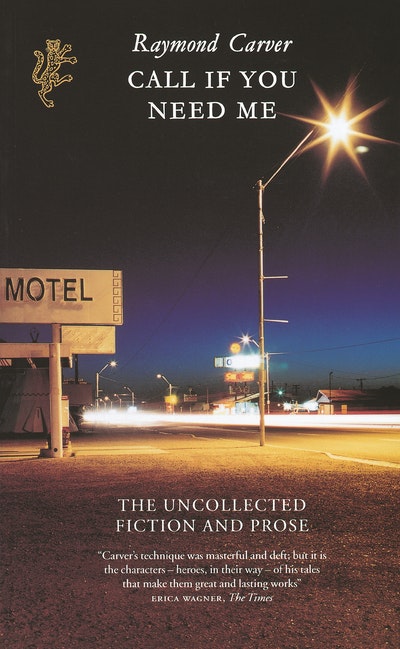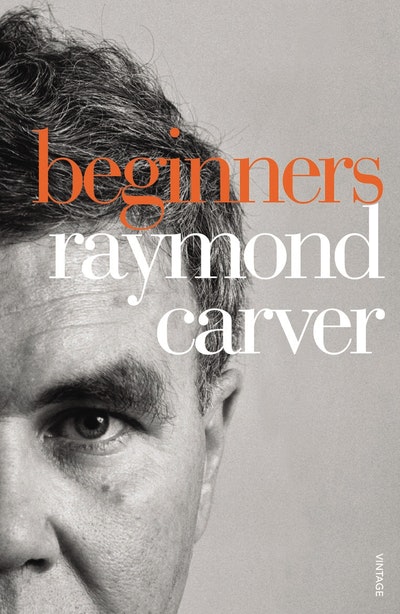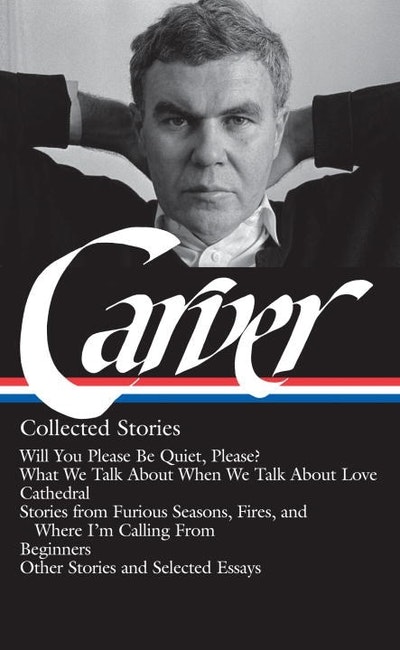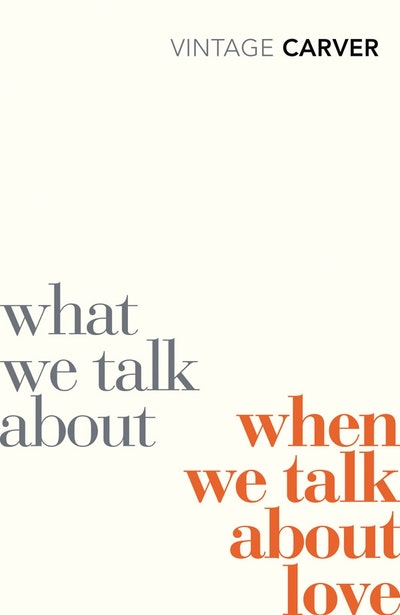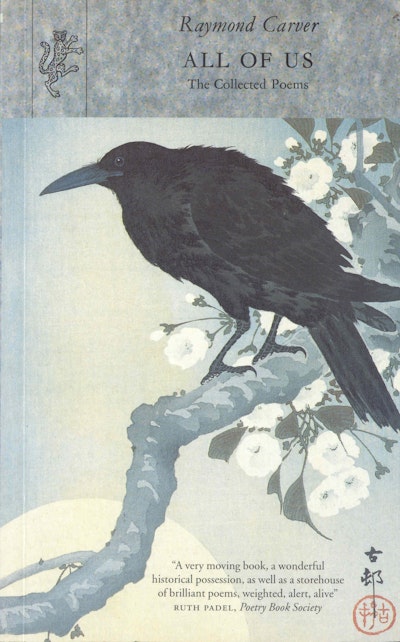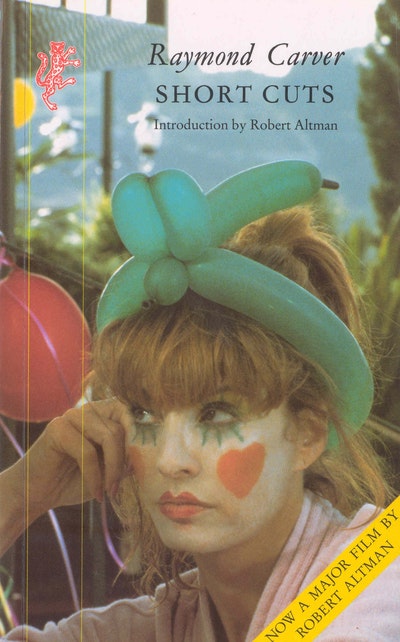[]
Call If You Need Me
Formats & editions
Buy from…
- Published: 1 December 2010
- ISBN: 9781409040514
- Imprint: Vintage Digital
- Format: EBook
- Pages: 320
Carver the writer is still the hero of this story, as this 'last of the last' abundantly proves
Bharart Tandon, Times Literary Supplement
In Call If You Need Me, generosity and fidelity to his characters shine from every page... In his style, Carver may have affinities with Hemingway, but his portrayal of relationships between men and women is deeper and more nuanced than anything the old bullfighter ever committed to print
Toby Mundy, New Statesman
Raymond Carver has done what many of the most gifted writers fail to do, he has invented a country of his own
Michael Wood, New York Times
The prose is a prayer book of simple words, unsentimental. Carver's gleam
Tom Adair, Scotsman
